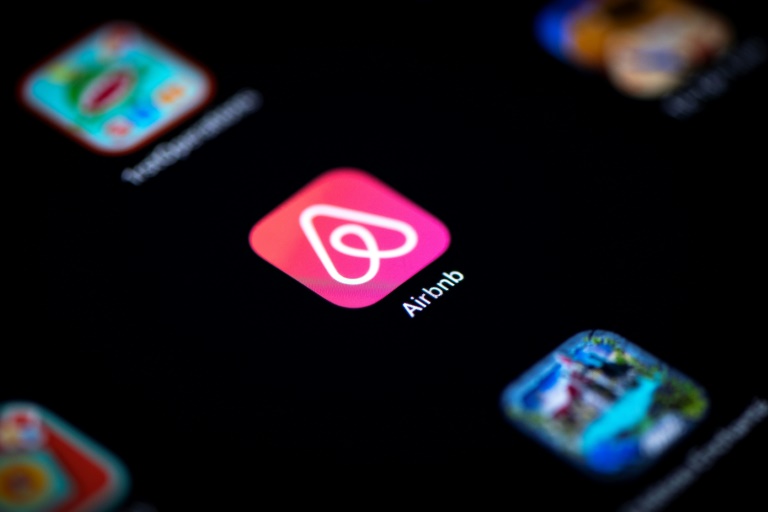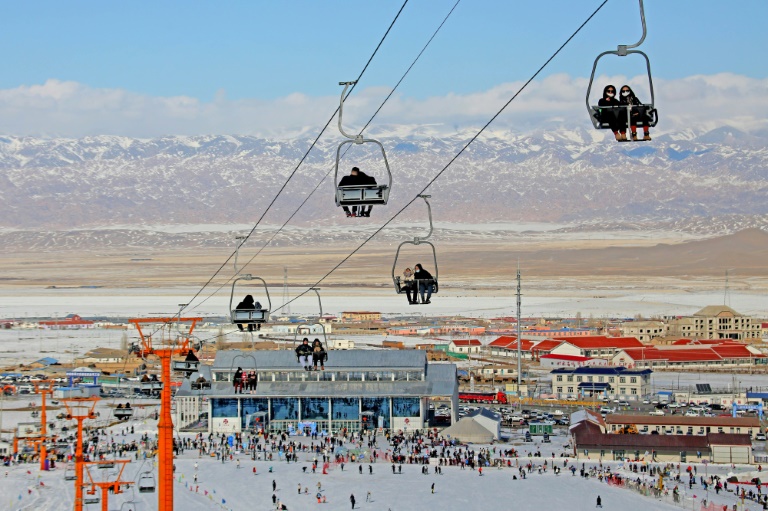Airbnb profits from Xinjiang, Tibet listings
BEIJING - Olympic sponsor Airbnb has hundreds of listings in Xinjiang and Tibet, two regions where China stands accused of widespread human rights abuses and forced cultural assimilation, new research reveals.
Beijing is hosting the Winter Games amid international alarm over rights violations against minority groups, particularly its mostly Muslim Uyghur population.
Airbnb is one of the Olympics' biggest backers with a reported $500-million sponsorship deal running until 2028.
The online platform's steady growth in China is partly driven by around 700 accommodation listings in the troubled far west, according to data compiled by the London-based nonprofit Free Tibet that was exclusively obtained and verified by AFP.
They include about 380 listings in the northwestern Xinjiang region, where Beijing has allegedly imprisoned some one million Uyghurs as part of a crackdown on religious extremism.
A further 300 are in neighbouring Tibet, where campaigners have long accused the government of religious repression and cultural erasure.
Nasdaq-listed Airbnb links travellers with hosts willing to rent accommodation and makes money by charging service fees.
The San Francisco-based firm has vocally embraced progressive political issues like the Black Lives Matter racial justice movement in the US.
In a statement to AFP, Airbnb said it operates "where the US government allows us to" and "has a "rigorous process... to help ensure we follow applicable rules".
The company said that it had a "long-term partnership" spanning several Olympics and had spoken to the International Olympic Committee about "the importance of human rights".
It said China was "an important part of our purpose to connect people from around the world", but that it only accounted for around one percent of its revenue in recent years.
Airbnb has rebounded from the global tourism slump caused by the coronavirus pandemic, with revenues last year 25 percent higher than 2019.
The company operates in 220 countries and regions, and is increasingly popular in China where its name translates to "welcome each other with love".
Its Chinese business has drawn scrutiny before, with news reports revealing that some listings discriminated against Uyghurs and Tibetans while others were located on land owned by a US-sanctioned paramilitary group.
Western companies including fashion giant H&M have previously faced consumer boycotts in China for pulling out of Xinjiang.
David Tobin, a lecturer in East Asian Studies at Britain's University of Sheffield, said companies that profit from tourism in areas cleared of Uyghur populations are "complicit in genocidal processes".
Norway-based Uyghur language activist Abduweli Ayup said companies like Airbnb could be listing homes that were once owned by Uyghurs.
"(They) have a responsibility to check where the owners are, and why so many houses are empty," he said.


No comments:
Post a Comment